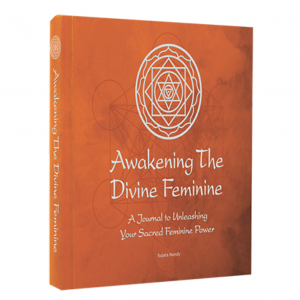Since gurus are often regarded as a link between seekers and the divine, Guru Purnima (Full Moon) is seen as a sacred day, in which gurus are revered like Gods. The tradition originated as a celebration of the great sage Maharshi Veda Vyasa, who is believed not only to have been born on this day, but also to have begun writing the Brahma Sutras on Guru Purnima. Vyasa also edited the four Vedas and wrote the 18 Puranas, the Mahabharata, and the Srimad Bhagavatam.
Whilst Hindus celebrate Vyasa on this day, Buddhists mark Guru Purnima as the day that the Buddha gave his first sermon. In the yogic tradition, Guru Purnima celebrates the day that Shiva became the first guru and began transmitting yoga to the Saptarishis (the 7 Rishis [sages]).
Unlike the traditional belief, gurus are not necessarily the people who teach you in only a student-teacher relationship, it includes all types of learning you may have acquired from your parents, friends and other individuals who impacted your life one way or the other.
We live in a world where everyone lends a role that teaches us something or the other, no matter how small – even our experiences and our illnesses play the role of a teacher to us, showing us our potential to overcome the challenges in our lives.
Guru purnima is about saluting and recognising the people who impacted you and taking stock of the person you have become over the years.







